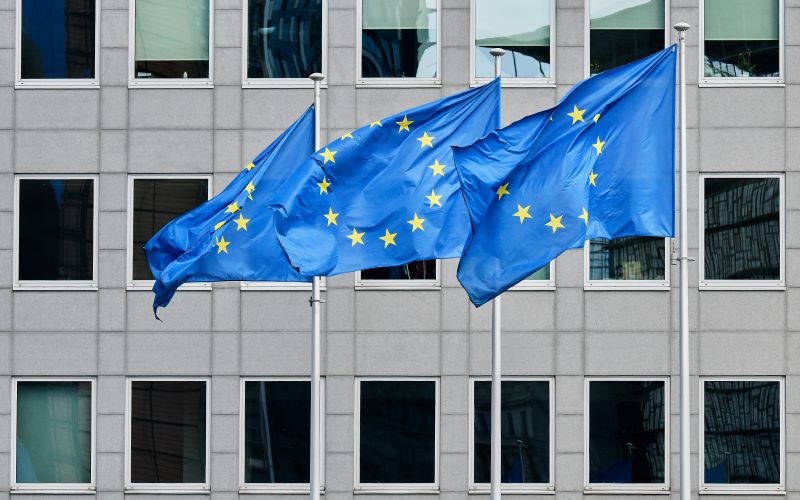The Council of the European Union has adopted its negotiating mandate on a key proposal within the ‘Omnibus I’ legislative package, aimed at simplifying and strengthening the bloc’s Carbon Border Adjustment Mechanism (CBAM). The move marks a step forward in efforts to reduce compliance costs and administrative burdens for EU businesses, while maintaining the climate ambition of the regulation.
The proposed revisions would streamline CBAM obligations by introducing a broader de minimis exemption, allowing importers who bring in less than 50 tonnes of covered goods per year to be exempt from the rules. This adjustment replaces the current exemption for low-value goods and is expected to primarily benefit small and medium-sized enterprises (SMEs) and individuals importing limited quantities.
Beyond the exemption threshold, the proposal outlines further simplifications for all CBAM importers. These include changes to the authorisation process, data collection methods, emissions calculations, verification procedures, and the recognition of carbon prices already paid in third countries. The aim is to improve the efficiency of compliance without undermining environmental objectives, as around 99% of embedded emissions in covered goods would remain subject to CBAM oversight.
The Council has endorsed the Commission’s proposed 50-tonne threshold and introduced several amendments to enhance clarity and reduce administrative complexity.
Polish Minister for the European Union Adam Szłapka, speaking on behalf of the current presidency, emphasised the importance of easing the burden on businesses to boost EU competitiveness, stating: “Today’s agreement sends a clear signal that the Council is determined to advance on this path as fast as possible.”
With the Council’s general approach now adopted, negotiations with the European Parliament will begin to finalise the legislative text.
The simplification drive stems from calls made in recent reports by Enrico Letta and Mario Draghi, which urged EU institutions to reduce bureaucratic hurdles for businesses. These recommendations were reinforced by the Budapest Declaration in November 2024, which advocated for a “simplification revolution.” In response, the Commission proposed two Omnibus legislative packages in February 2025, one of which focuses on sustainability-related regulations, including CBAM.


















